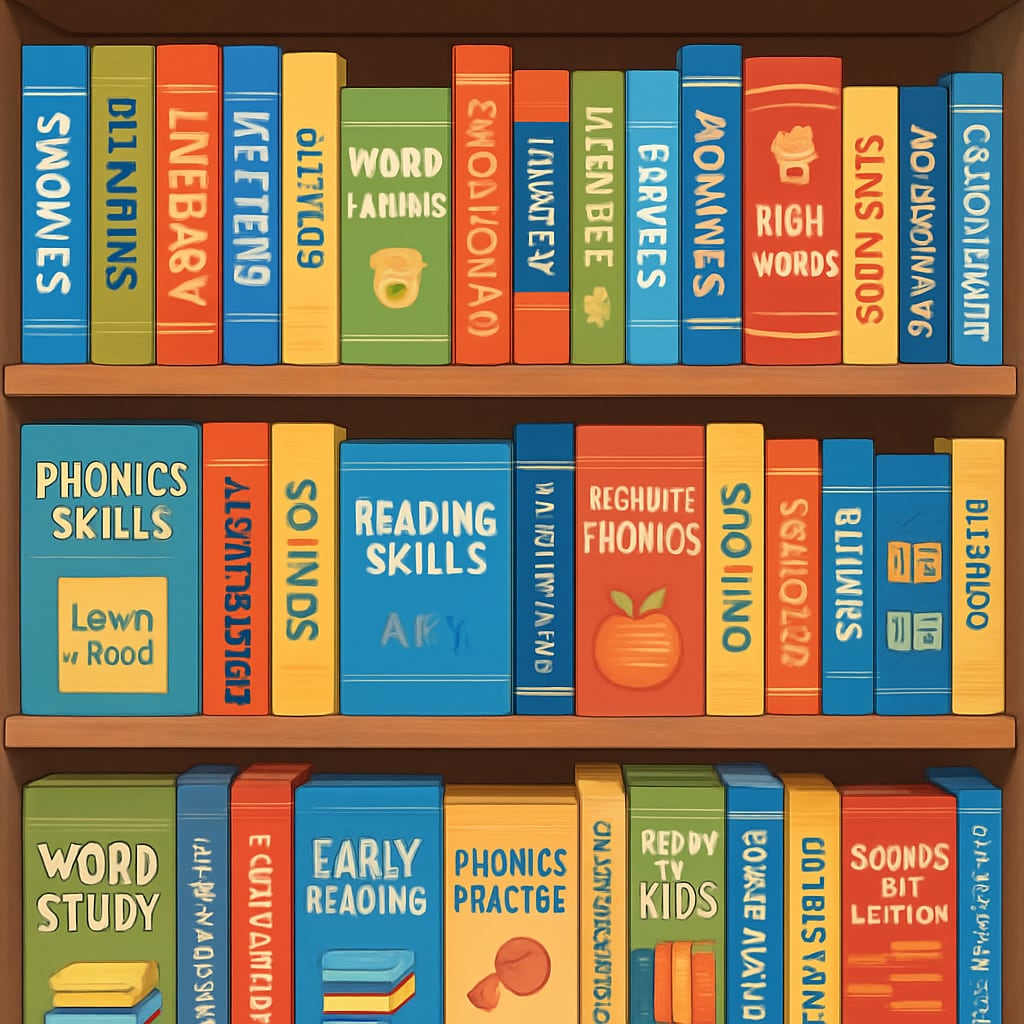In today’s educational landscape, the importance of evidence-based practices in children’s reading instruction cannot be overstated. The podcast Sold a Story dives deep into the science of teaching reading, shedding light on effective methods while debunking common misconceptions. By understanding the principles behind these approaches, educators and parents can better support children’s literacy development and avoid the pitfalls of outdated or unproven strategies.

The Science Behind Children’s Literacy Development
Children’s ability to read is not an innate skill but one that must be cultivated through deliberate instruction. Decades of research in cognitive science and linguistics have established that phonics-based instruction—teaching children to decode words by understanding the relationship between letters and sounds—is critical for early literacy success. Yet, for years, many schools have relied on less effective methods, such as the “three-cueing system,” which encourages children to guess words using context clues rather than decoding them. This has led to significant challenges for children, particularly those with learning difficulties.
The Sold a Story podcast highlights this issue, showcasing how well-meaning educators and publishers perpetuated flawed teaching methods. The podcast also emphasizes the need for educators and parents to align their efforts with what science unequivocally supports: structured and systematic phonics instruction.

Common Myths and Misconceptions in Reading Instruction
One of the most persistent myths in children’s reading instruction is the idea that all children learn to read naturally if exposed to enough books and reading opportunities. While a print-rich environment is beneficial, it cannot replace explicit teaching of foundational skills. Similarly, the belief that comprehension can be taught before decoding skills are mastered is another misconception that has long undermined effective literacy instruction.
According to the podcast, these myths have been fueled by popular but scientifically unsupported teaching philosophies. For example, whole language approaches, which prioritize meaning over mechanics, often leave struggling readers behind. Evidence consistently shows that children need to first master decoding to build fluency and comprehension effectively.
How Educators and Parents Can Support Evidence-Based Practices
To ensure children receive the best possible education in reading, educators and parents must familiarize themselves with the science of reading. Here are some actionable steps to consider:
- Prioritize phonics: Seek curricula and resources that emphasize systematic phonics instruction to build foundational reading skills.
- Stay informed: Access resources such as the Sold a Story podcast and research from reputable organizations to stay updated on evidence-based practices.
- Collaborate: Teachers and parents should work together to provide consistent support and reinforcement of reading skills at home and in the classroom.
- Avoid outdated methods: Be cautious of teaching strategies that lack empirical support, such as three-cueing or whole-language approaches.
By embracing research-backed methodologies, we can help more children unlock their full potential as readers and learners. As a result, we can also close the gaps for those who might otherwise struggle with literacy.
Looking Ahead: The Role of Science in Education
The insights shared in the Sold a Story podcast underscore the ongoing need for educational reform rooted in scientific research. In addition to improving reading instruction, this approach can serve as a model for other areas of education. By grounding teaching methods in evidence, we can create more equitable and effective learning environments for all students.
In conclusion, understanding the science of children’s reading instruction is essential for educators and parents alike. Resources like the Sold a Story podcast provide a valuable starting point for debunking myths and adopting proven strategies that truly benefit young readers.
Readability guidance: This article uses concise paragraphs and lists to enhance understanding. Transition words like “however,” “for example,” and “as a result” have been incorporated for smoother reading flow.


